By Bi Mengying, People’s Daily Online
Epidemic prevention and control measures are implemented in every detail during China’s ongoing “two sessions,” the country’s top legislature and political advisory body.
Yellow warning tapes are pasted on the ground outside the Great Hall of the People reminding people to keep social distance, and outside the press room, attendees are offered disinfectant and hand sanitizer. Besides, disinfectant robots are working busily, and dining tables are separated by boards or placed with reminders telling people to sit at separate tables.
The “two sessions” are not only an annual meeting of deputies and representatives to discuss national policies and measures, but also the best window for the world to observe China’s development.
The annual sessions of the National People’s Congress (NPC) and the Chinese People’s Political Consultative Conference (CPPCC) National Committee are postponed for two months because of the COVID-19 pandemic, and adjustment to interview activities are made accordingly. How to “simplify” and “innovate” the “two sessions” during epidemic prevention and control period is receiving specific attention from the world.
According to Guo Weimin, spokesperson of the third session of the 13th CPPCC National Committee, the session this year will be four and a half days shorter than previous sessions. The numbers of both plenary meetings and group meetings are reduced accordingly. Except for the opening and closing meetings, the session includes two plenary meetings, one of which will be held via video link, as well as six group meetings, Guo said. Foreign diplomatic envoys to China will be invited to observe the opening and closing meetings of this year’s session, he added.
Online videos have become the primary channel for news coverage for this year’s “two sessions.” The press conferences, journalist conferences, as well as the interviews will all be conducted through online videos.
Delegations also canceled their “open day” and group interviews, and only a small number of foreign journalists in Beijing are invited for interviews at the Great Hall of the People. No journalist is invited to the capital for interviews from outside the country.
Interviews are mostly carried out through the internet, video link and in written form. Interview rooms are established at deputies’ residences in Beijing, where they can receive interviews from multiple journalists in different places through online platforms, such as Tencent Meeting, Ding Ding, QQ, WeChat and ZOOM.
Besides, the official website of the “two sessions” Press Center has opened a journalist section to timely release related information, materials and documents, and to assist both Chinese and foreign journalists to hold interviews.
Liu Yonghao, member of the CPPCC National Committee said the “cloud” conferences and interviews are conducive to epidemic prevention and control, and are effective and convenient.
NPC deputy Lam Lung-on, who’s also the president of the Hong Kong Chinese Importers’ & Exporters’ Association noted that the “two sessions” are postponed because of the epidemic, and many deputies and members just came back from the frontline of the COVID-19 fight, adding that the “two sessions” carried out at a special moment and in a special form this year are worth remembering.
Staff members paste yellow tapes outside the Great Hall of the People on May 20, before “two sessions” kick off. Photo by Zhang Wujin/People’s Daily


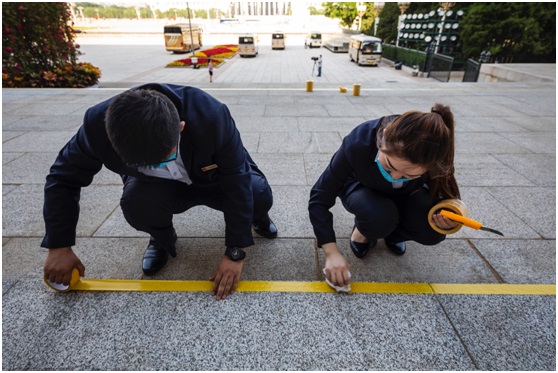

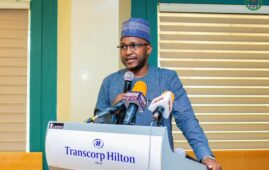
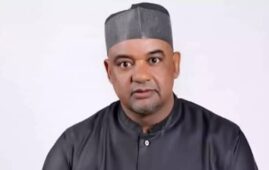
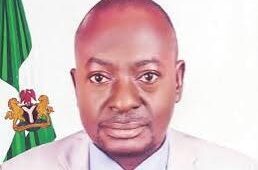
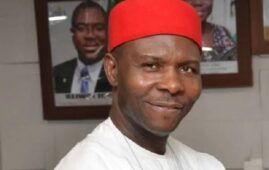


Leave a Comment